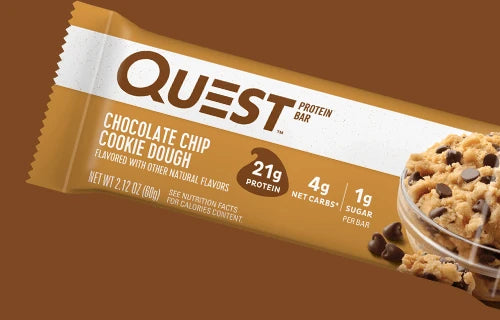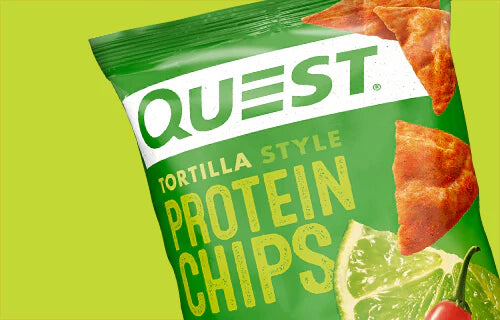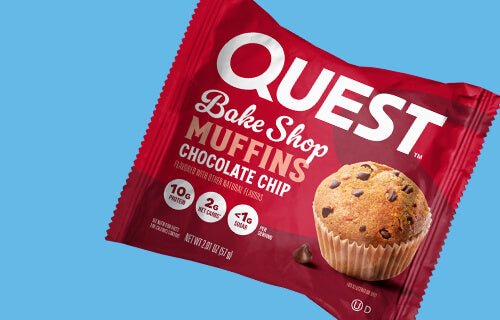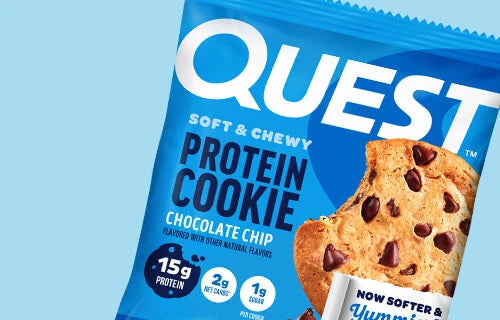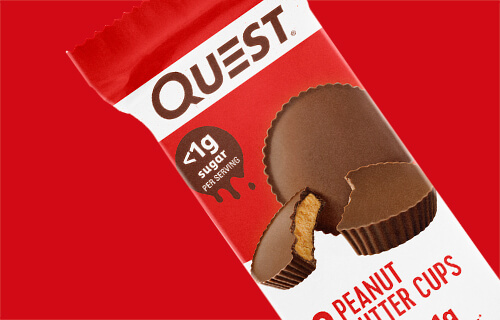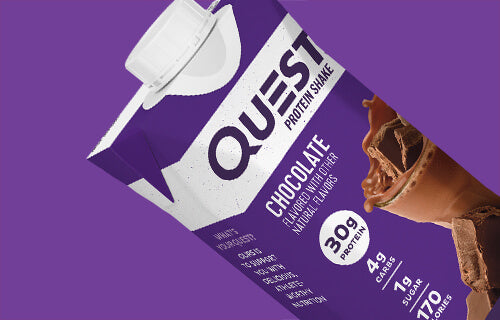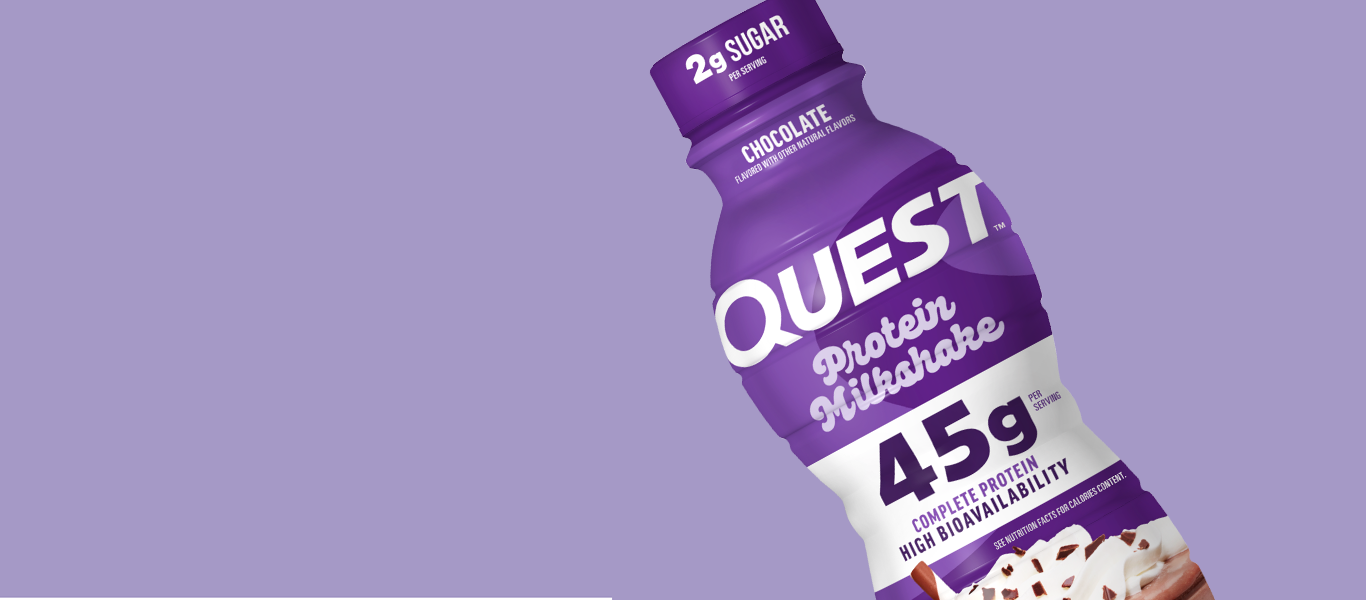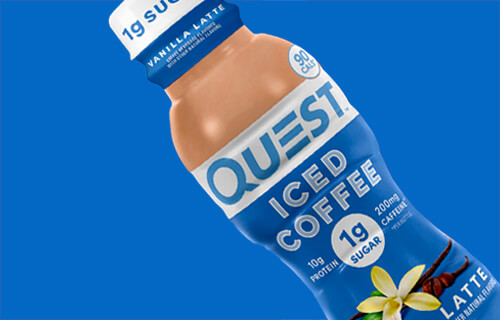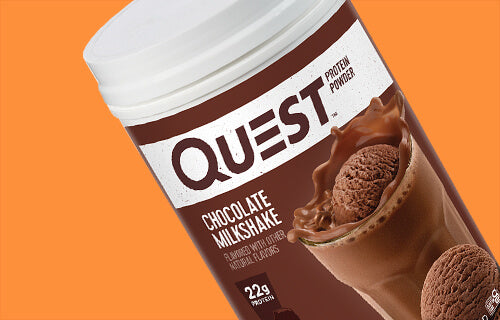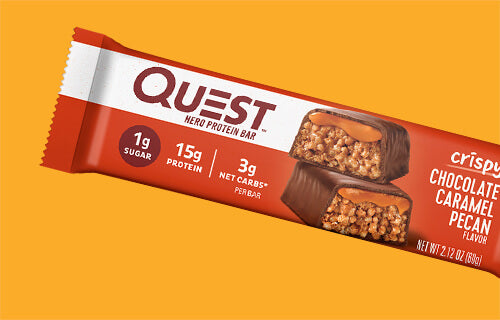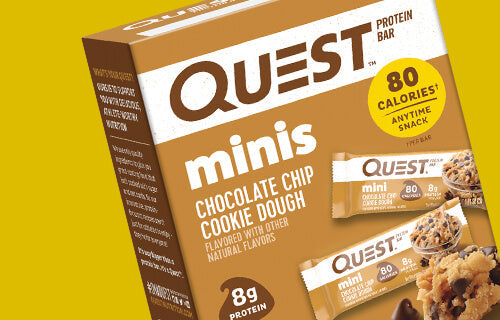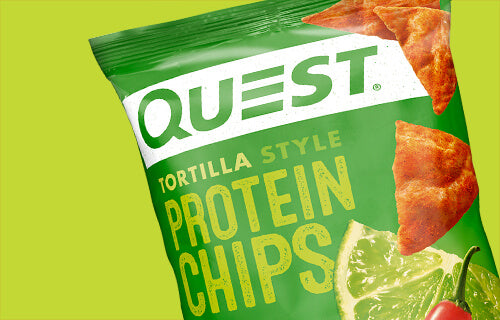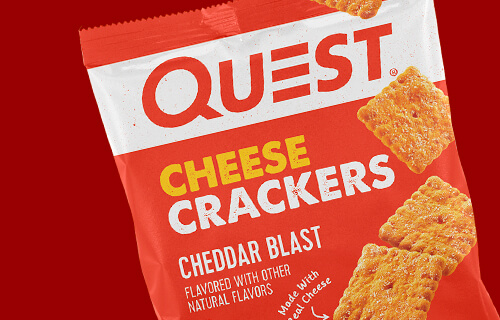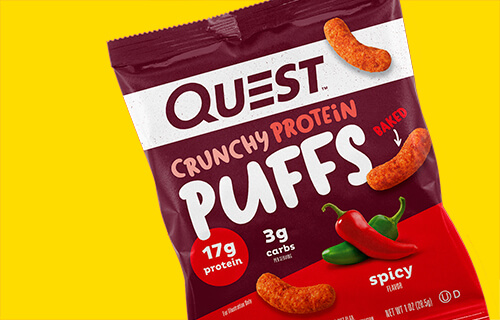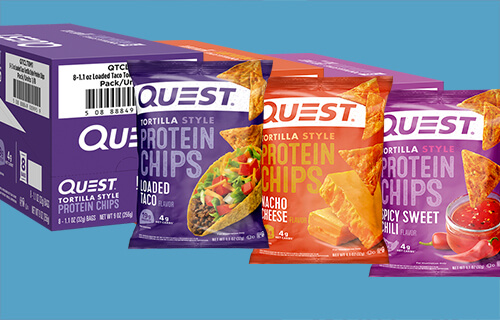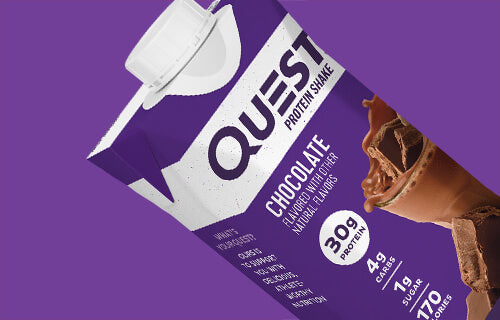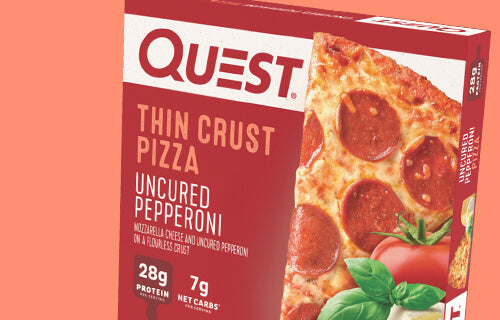Supplement your Diet with a Dietary Supplement
In dietetic school, we learn that food is the best source of nutrients. This concept is supported by research as well. For example, a study in the Annals of Internal Medicine found that the nutrients found in food were responsible for lowered risk of death and cancer. However, some supplements make sense to consider as a complement to a healthy dietary pattern. Here's a breakdown of when to consider food and when to consider supplements.
Regarding the following vitamins and minerals, consider sourcing them first with food.
Vitamin C
Vitamin C is a powerful antioxidant associated with blood pressure health, tissue repair, and immune function. In addition, vitamin C plays a role in helping the body absorb certain types of iron more efficiently. While citrus fruits often come to mind as the go-to for vitamin C sources, other plants, like bell peppers, kiwi, broccoli, and tomatoes, also boast high levels.
Zinc
Zinc is an essential trace mineral (that means your body cannot make it on its own, but you only need small amounts to get maximum benefit). A recent analysis of zinc showed that this mighty mineral may play a role in supporting brain health, heart health, and liver health and may also play a role in helping the body heal from things like gastric ulcers and pneumonia. Oysters are a great source of zinc, but if oysters are not your thing, consider beef, pumpkin seeds, turkey, and cheese.
Vitamin A
Specific vitamins, like vitamin A, have been linked to better health outcomes when consumed via food. Studies show that different forms of vitamin A may help lower the risk of certain skin cancers, protect vision, especially night blindness, and preserve bone health. Beta-carotene, a form of vitamin A can be found in sweet potatoes, carrots, and pumpkins.
Magnesium
A recent study found that higher magnesium was associated with larger brain volumes (and reduced risk of dementia). Other studies have associated magnesium intake with a healthy immune system as well as the reduction of the risk of certain cancers. Foods high in magnesium include beans and lentils, nuts, and avocados.
Consider these in a supplemental form to enhance your dietary levels.
Vitamin D
Vitamin D is a fat-soluble vitamin often referred to as "the sunshine vitamin." Why the reference to the sun? Because the sun's UV rays are some of the best sources of vitamin D. UV ray exposure is also associated with an increased risk of certain skin cancers, and therefore, a supplement is often recommended instead. Studies show that adequate vitamin D may be related to mitigating symptoms of depression. They may reduce the risk of certain cancers, and a 2023 study found that vitamin D may reduce the risk of dementia as well. Vitamin D is fat-soluble, so if you are supplementing, take it with food.
Omega 3 fatty acids
Different types of omega 3 fatty acids are found in fatty fish, walnuts, chia, and flax seeds, but studies show that many Americans don’t eat enough of these foods. Deficiencies in omega 3’s may impact mental health status and heart and brain health. There are many varieties (marine and plant-based) of omega-3 fatty acid supplements as there are dosing amounts. To determine what makes sense for you, work with your physician or dietitian to determine if a supplement makes sense and what dose, brand, and frequency works for your goals.
B12
If you are considering a vegan diet, obtaining a good quality B12 supplement will be critical. B12 is only found in animal products (or fortified foods such as breakfast cereals). B12 is associated with a healthy nervous system, and deficiencies in B12 may put you at risk for megaloblastic anemia. B12 supplementation may come in a B complex or a multivitamin, and the popular intake method may be via swallowing, dissolving under the tongue, or through a periodic shot.
Probiotics and Prebiotics
A healthy gut is a crucial factor in better health. Studies show that gut health (and a healthy microbiome) may be involved in brain health, immune function, managing inflammatory levels, and increasing longevity. Though diet can provide both prebiotics and probiotics, studies also show a positive impact on supplementing outside of food. This is especially true in studies assessing mental health.
The right mix of dietary patterns and supplements is as unique as you are. Working with your health practitioner to determine your needs is the first step towards making better diet and supplement decisions.
